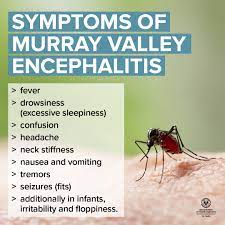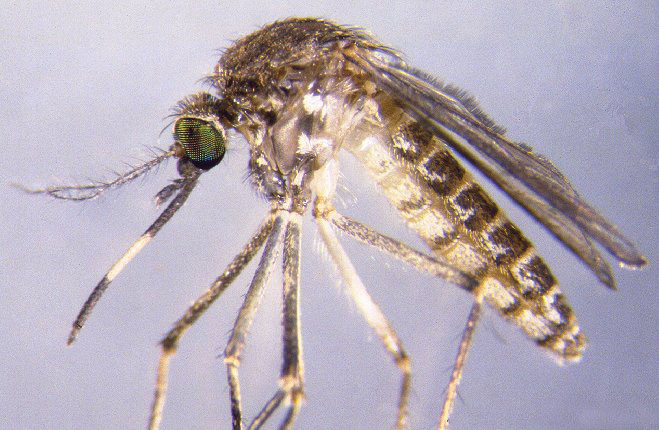New detections, new warnings about MV Encephalitis
Luke Williams
08 February 2023, 2:40 AM
 Sentinel chickens in the Macquarie Marshes are the 'canary in the coalmine' for mosquito-borne viruses.
Sentinel chickens in the Macquarie Marshes are the 'canary in the coalmine' for mosquito-borne viruses.In 1917 George V was King, someone threw an egg at Prime Minister Billy Hughes, and across most of south east Australia it rained and rained, and then rained a little bit more.
The waterbirds liked it. So too the mosquitoes. Especially the mosquitoes, who bit the waterbirds, made new homes, started new families, the most virile found themselves in the prime real estate of marshes.
It’s a mystery exactly how little infections agents get a start, but roughly in about 1917 a new virus was discovered - Murray Valley encephalitis virus (MVEV).
After waxing and waning over the decades, the virus is currently flourishing and the government has issued some fairly stern warnings for residents living in western NSW.
The virus was detected in mosquitoes in the Macquarie Marshes less than two weeks ago.
Now, sentinel chickens used for surveillance of viruses have also been infected with MVE virus in both the Macquarie Marshes and at Menindee.
Acting Executive Director of Health Protection NSW, Dr Paul Douglas said that detections in sentinel chickens suggest that virus levels within our mosquito populations are high.
“Only a small proportion of people infected with the virus will have any symptoms, which include fever, headache, nausea, vomiting, loss of appetite, diarrhoea, and muscle aches. Among those who get a severe infection, lifelong neurological complications or death can result,” Dr Douglas said.
“Signs of severe infection include severe headache, neck stiffness, sensitivity to bright lights, drowsiness, confusion, seizures, and loss of consciousness.
“Avoiding mosquito bites will also protect against other mosquito-borne infections including Japanese encephalitis, Ross River Fever and Barmah Forest virus.”
The primary hosts of MVE and Japanese encephalitis virus (JEV) are wild waterbirds such as herons and egrets. Recent detections of MVE virus are likely related to recent flooding and increased numbers of waterbirds.

Picture: SA Health
MVEV carries from bird from mosquito back to bird to human - although not from human to human.
Most humans who catch it don’t any symptoms, in some cases it can cause neurological problems and in came cases death.
The NSW Health Department has said that communities across the Western Plains need to protect themselves against MVEV.
Priscilla Stanley, Western NSW Local Health District’s Director of Public Health, is asking for our community to take all possible precautions to avoid being bitten as summer continues.
“People are still enjoying the warm weather and spending plenty of time outdoors, so it is incredibly important that everyone takes appropriate steps to protect against mosquito bites,” Ms Stanley said.
“There is no vaccination or specific treatment for MVE and the best way to avoid infection is to avoid being bitten by mosquitoes, which are most active between dusk and dawn.”

Protect yourself and your family from mosquito bites by:
- wearing loose-fitting, light, long-sleeved shirts, covered footwear and socks, especially around dusk and dawn.
- applying repellent to all areas of exposed skin, using repellents that contain picaridin, DEET, or oil of lemon eucalyptus
- re-applying repellent regularly, particularly after swimming, being sure to always apply sunscreen first and then apply repellent
- covering openings such as windows and doors with insect screens and checking there are no gaps in them
- removing items that might collect water (such as old tyres, empty pots) outside your house where mosquitoes can breed.
- using insecticide sprays, vapour dispensing units and mosquito coils to repel mosquitos (mosquito coils should only be used outside)




